Reporter Seda Taşkın, who works for the pro-Kurdish Mezopotamya News Agency, was sentenced to a total of 7.5 years in prison after a court in Turkey turned a blind eye to the police and the prosecutor’s dubious use of the law.
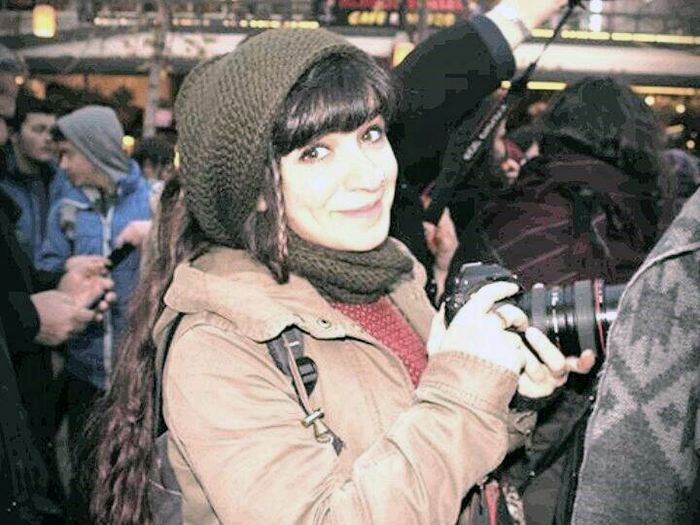

Reporter Seda Taşkın, who works for the pro-Kurdish Mezopotamya News Agency, was sentenced to a total of 7.5 years in prison after a court in Turkey turned a blind eye to the police and the prosecutor’s dubious use of the law.
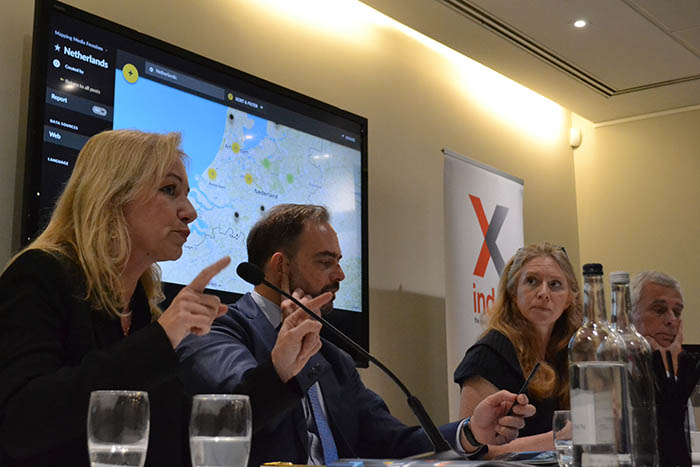
[vc_row][vc_column][vc_column_text] “Today journalism has become one of the most dangerous professions in the world,” said Frane Maroevic, director of the Office of the OSCE Representative on Freedom of the Media, at a panel discussion for the...

While there has been little progress in the House of Lords when it comes to protecting freedom of expression in the Counter-Terrorism and Border Security Bill, a proposed new amendment by Lord Anderson deserves support.
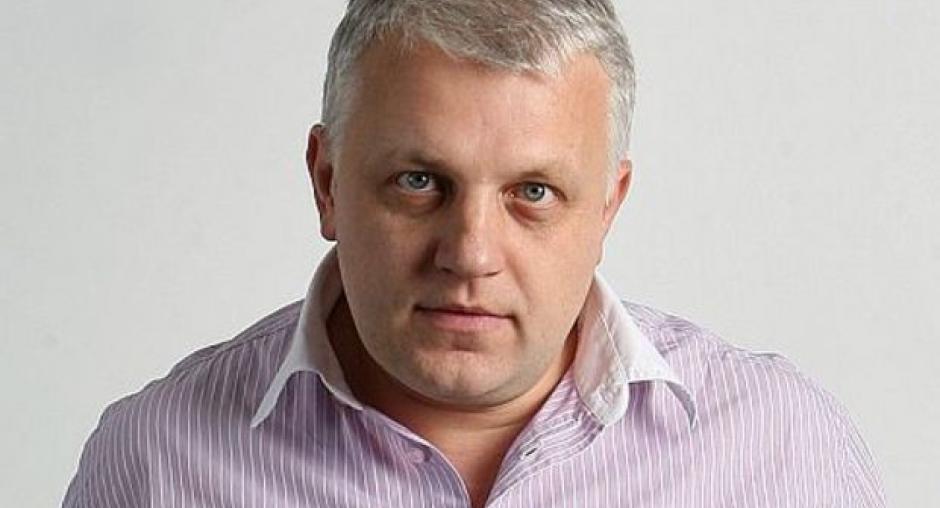
Before his death, Pavel Sheremet was one of Ukraine’s leading investigative journalists. He most notably investigated government corruption and border smuggling in his native Belarus, leading to his arrest in 1997 but winning him CPJ’s International Press Freedom Award in the process. He was detained, harassed and arrested because of his work. Then, in 2016, he was assassinated. And Ukrainian authorities still have not uncovered who’s to blame.

Index on Censorship urges the Law Commission to safeguard freedom of expression as it moves towards the second phase of its review of abusive and offensive online communications.
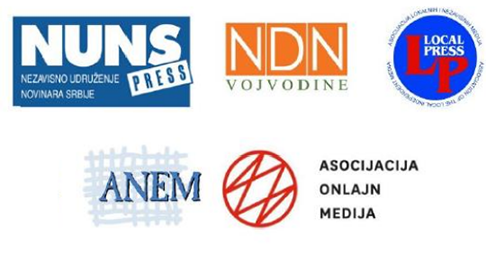
Five Serbian media associations have written to Index on Censorship to raise their concerns about the media environment in the country.
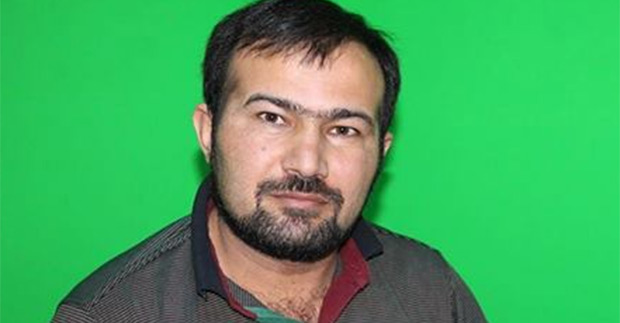
The editors of the Index on Censorship Freedom of Expression Award-winning newspaper Azadliq have launched a letter-writing campaign to journalist Seymur Hezi, who is in prison.
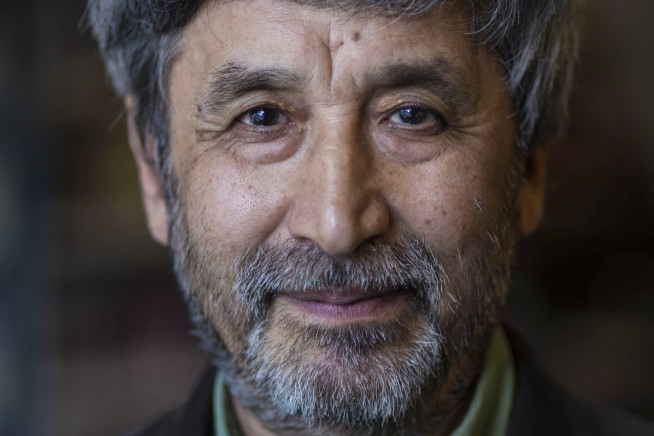
El uzbeco Hamid Ismailov, periodista y escritor, se vio obligado a huir de Uzbekistán en 1992, debido a lo que el Estado definió como “tendencias democráticas inaceptables”
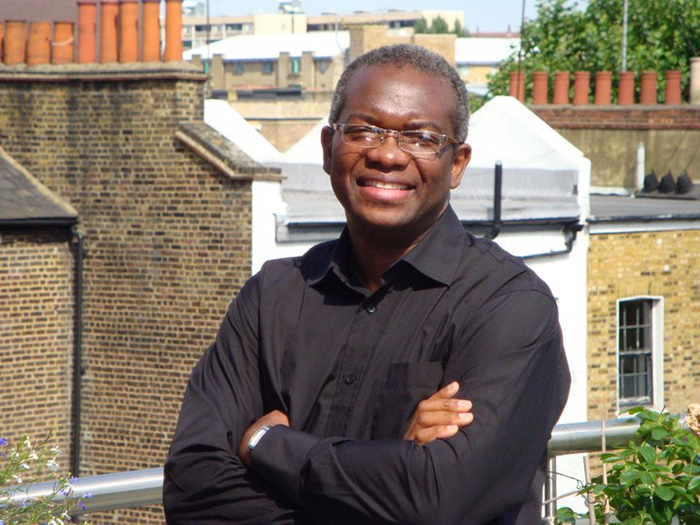
“Mis opciones eran revelar mis fuentes y destruir mi reputación o morir protegiéndolas”
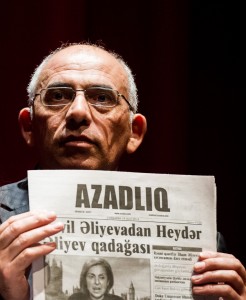
“Es importante que los periodistas que se encuentran en el extranjero se comuniquen entre ellos”